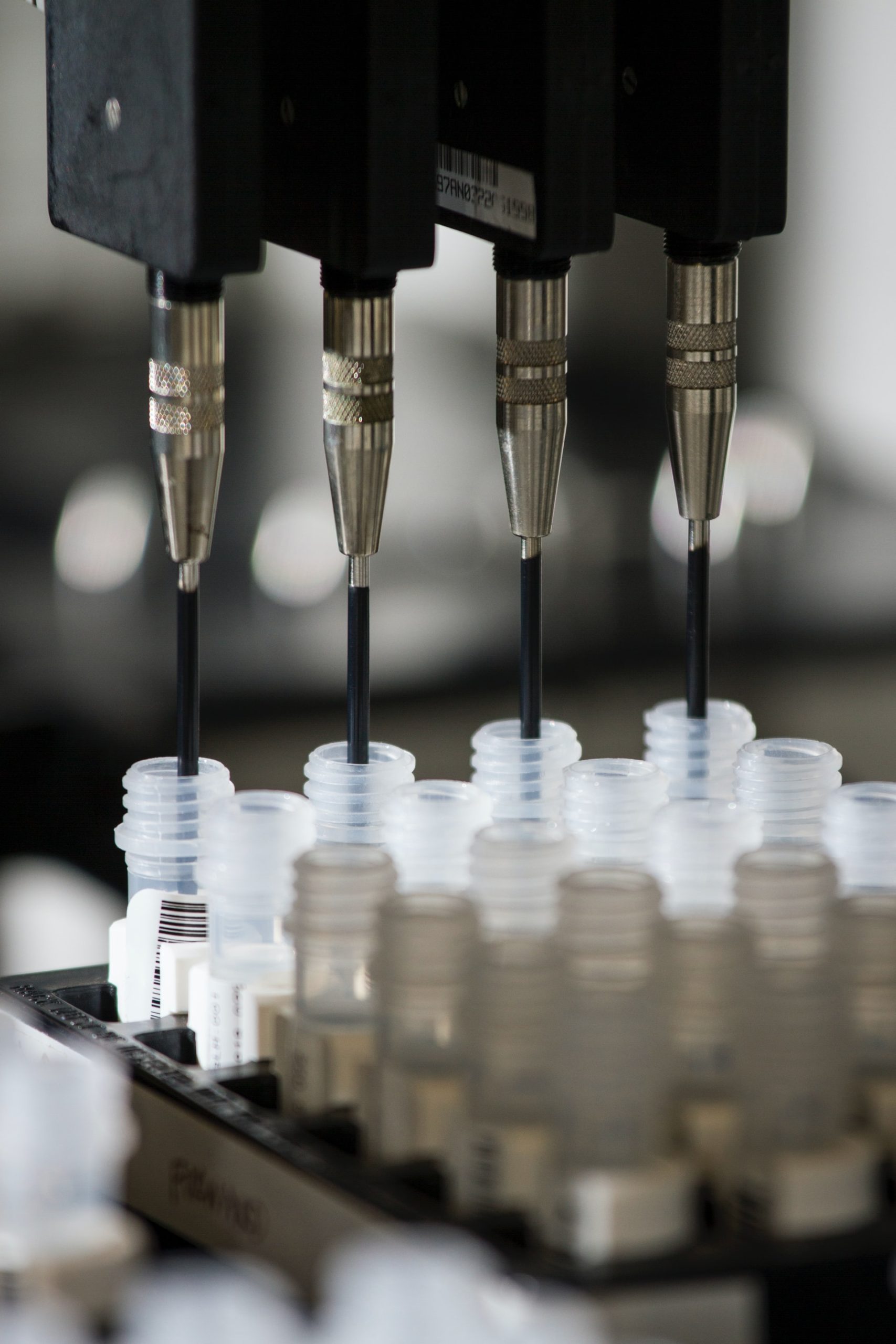Rare Disease Genetic Testing
Rare diseases are only rare when you count them one by one. Collectively, rare diseases affect up to 30 million people in the United States alone, and a recent scientific paper published in the European Journal of Human Genetics has estimated the number of people worldwide living with a rare disease at 300 million.
This is the first time that the global prevalence of rare diseases has been thoroughly analyzed using publicly available epidemiological data: the Orphanet database.
According to this research, rare diseases may currently affect 3.5% – 5.9% of the global population, for a conservative estimate of 300 million people worldwide (4% of the approximate 7.5 billion world population). This analysis shows over 6,000 clinically defined rare diseases. 72% of these conditions are genetic, and 70% of the syndromes listed begin in childhood.
Rare is relative
“Even if these are the best figures we can obtain today, they likely underestimate the number of rare disease patients still not visible in healthcare and social care systems,” stated Ana Rath, co-author of the research paper, and Director of Orphanet.
To get help for any patient, parents, guardians, healthcare providers and social workers must know as soon as possible what rare disease may be affecting a child or young person, and to what extent the child is affected.
Diagnosis is key, and rare disease genetic testing has a lot of ground to cover.
Why advocate for rare disease genetic testing & classification?
Yann Le Cam, co-author of the paper, member of the Council of Rare Diseases International and Chief Executive Officer of EURORDIS (Rare Diseases Europe) pointed out:
“Collectively, rare diseases are not rare. The findings published in this paper support years of efforts from the rare disease community to advocate for the prioritization of rare diseases as a public health priority that affects millions of people around the world, not just the few. No one can deny the significance of the global rare disease population anymore, a critical mass of people who have been the health orphans so far, with acute needs for better healthcare, access to innovative treatments and a social system that supports their right to reach their highest potential of well-being”.
On a societal level, rare disease genetic testing is imperative in order to provide correct and comprehensive care for all those affected.
On an individual level, genetic testing results for rare diseases can make the difference between, quite literally, the affected person’s life or death, and certainly can make a decisive difference between painful struggle and happy self-fulfillment.
And, on a personal level, medical professionals, caretakers and parents have seen the difference diagnosis and treatment can make for those living with and affected by rare diseases. The researchers and scientists behind diagnostic genetic testing advances and awareness are driven from their own experience to share their understanding with the world, for the benefit of those who are not yet diagnosed, and for the help and treatment of those who are.
The diagnosis of rare diseases can make a tremendous difference, and diagnostic genetic testing is one of the best ways to conclusively define and specify treatment for the rare diseases and genetic health disorders that affect so many.
What else do we know about rare disease genetic testing?
Based on the above research paper’s analysis of the 67.6% of the more prevalent rare diseases, it was found that 149 of the rare diseases included in the study affect about 80% of the rare disease population. Each of these 149 “less rare” rare diseases affect between 100-500 people per million, while the next most prevalent 241 rare diseases affect between 10-100 per million. Collectively, these close to 400 rare diseases are the ones affecting at least 98% of the rare disease population. The more prevalent rare diseases under discussion can be grouped by therapeutic areas and services. Future research and the implementation of rare disease codification in healthcare systems will further refine the estimates.
How do I know if my child or loved one needs rare disease genetic testing?
If your healthcare provider has referred you for genetic testing, if you have a family history of rare disease or related symptoms, or if you simply have a feeling that someone you love could benefit from rare disease diagnosis and treatment, it is worth looking into your options. Rare disease genetic testing may be covered by your healthcare system. If not, or if it is your choice to look into further genetic testing aside from any that has been recommended for you, there are private genetic testing options available.
Before embarking on genetic analysis or testing, it is advised to first seek the services of genetic counseling – in order to understand the type of testing, the process, and how to interpret its results.







